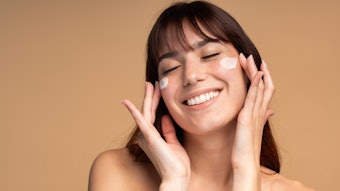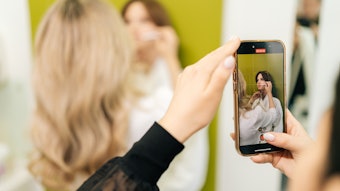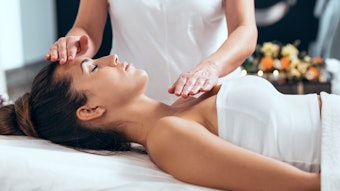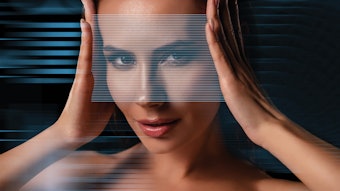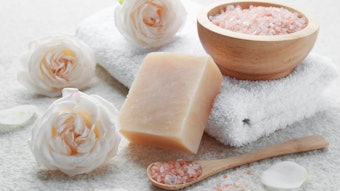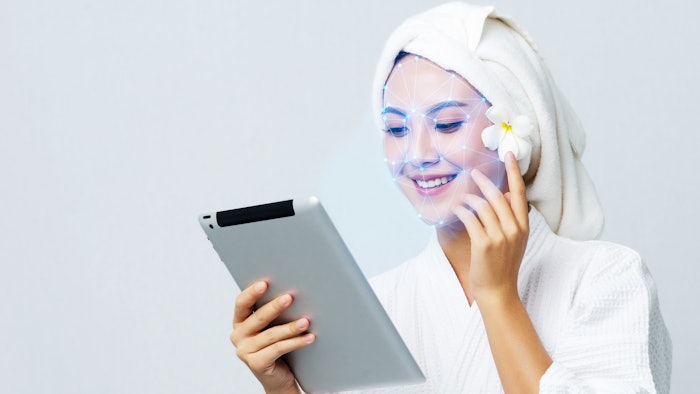
We recently reported that virtual reality (VR) and the metaverse are growing into a significant wellness trend in 2023. Although we're all comfortable with virtual meditation sessions, empowerment workshops, etc., terms like omniverse and metaverse can make things seem a little more complicated.
Related: Top 10 Wellness Trends of 2023
Of course, VR gives spa-goers access to guidance, classes and experiences from expert spa practitioners. Here are some other new technologies that demonstrate how VR, AI and the metaverse intersect with the wellness industry.
1. VR for Pain Relief
Well+Good recently delved deep into how VR is impacting health care, and the exciting news for spas and wellness centers is that it can be used for pain relief in addition to meditation. The theory is that immersion via VR goggles/devices can stimulate certain neural pathways to stop the body from perceiving pain.
Although there's a need for more research, the article points out that initial studies have been promising, with some evidence even showing that VR therapy can minimize pain after surgery. One device has already been cleared by the FDA for chronic lower back pain, and others are already on their way through the FDA approval process.
The article also notes that anxiety, pain and depression all take place in similar areas of the brain, so the good news for wellness facilities is that, eventually, you will be able to work on a guests' mental and physical wellness all at once—particularly in cases where someone's quality of life issues are directly linked to their chronic pain.
2. AI Beauty Recommendations
Skin imaging is pretty common in the spa industry, but what if the device also suggested specific take-home products to your guests?
The Lumini Kiosk V2 is an AI mirror that analyzes the skin and recommends personalized cosmetic products. Introduced at CES 2023, the instantly popular device is able to analyze common skin concerns within 15 seconds, including:
- Pores,
- Sebum,
- Wrinkles,
- Redness,
- Pigment,
- And more.
Using augmented reality (AR) technology, Lumini hones in on areas that need concentrated care and recommends the best product. It scans the whole face with imaging and special light, which is different from more common diagnostic devices for retailers.
The kiosk is also linked to a CRM service and can provide skin analysis reporting, advertisement banners, customized product management and target marketing. It comes with its own product line, but businesses can upload their own options for a fee.
Certainly, tech like this has massive potential in the spa retail space, as well as skin health consultations.
3. Virtual Tours 2.0
Virtual tours are evolving to add in immersive activities and personal interactions. Celebrity Cruises, for instance, recently launched the Wonderverse, a virtual experience that allows potential guests to "see before they sail," exploring a realistic, digital version the ship. While there, travelers can meet and interact with leaders of the cruise line, including the ship's captain, via digital avatars.
In addition, Celebrity's Wonderverse features mini games and activities, entertainment, Easter eggs and more. Once logged in, consumers move from space to space, enjoying immersive, interactive content as they learn more about the ship and the destinations they can visit.
"The Wonderverse allows us to unlock and bring to life the richness and fullness of the Celebrity experience in really exciting ways we can't do through traditional marketing and advertising vehicles" said Celebrity Cruises' chief marketing officer Michael Scheiner. "We believe this has opportunities to expand even further, creating experiences our consumers are looking for."
This is especially relevant for wellness destinations, as virtual tours and even activities are smart ways to entice guests.
4. Dream Tracking
Spa-goers interested in tracking their wellness habits long term are also looking for innovative ways to do it. Sleep tracking app Mintal Tracker has introduced an feature called "Draw My Dream." It uses AI to transform a user's dream into a concrete, shareable image based on descriptions they enter into the app.
"This newly released Mintal Tracker update revolutionizes the way people can learn from and interact with their sleep," said Tiffany Zhang, product lead of Mintal. "With the ability to capture and save a memory of their dreams that they can share with friends, with the 'Draw My Dream' update, users can have a more comprehensive picture of their sleep and a more enjoyable sleep experience."
Mintal Tracker can also be paired with Apple Watch's heart monitoring feature for a more comprehensive look at how they body operates during sleep.
This kind of tech allows wellness enthusiasts to better track their sleep and interact with their own dreams; destinations offering sleep programming should find ways of working this new tech into their sleep services or workshops.




